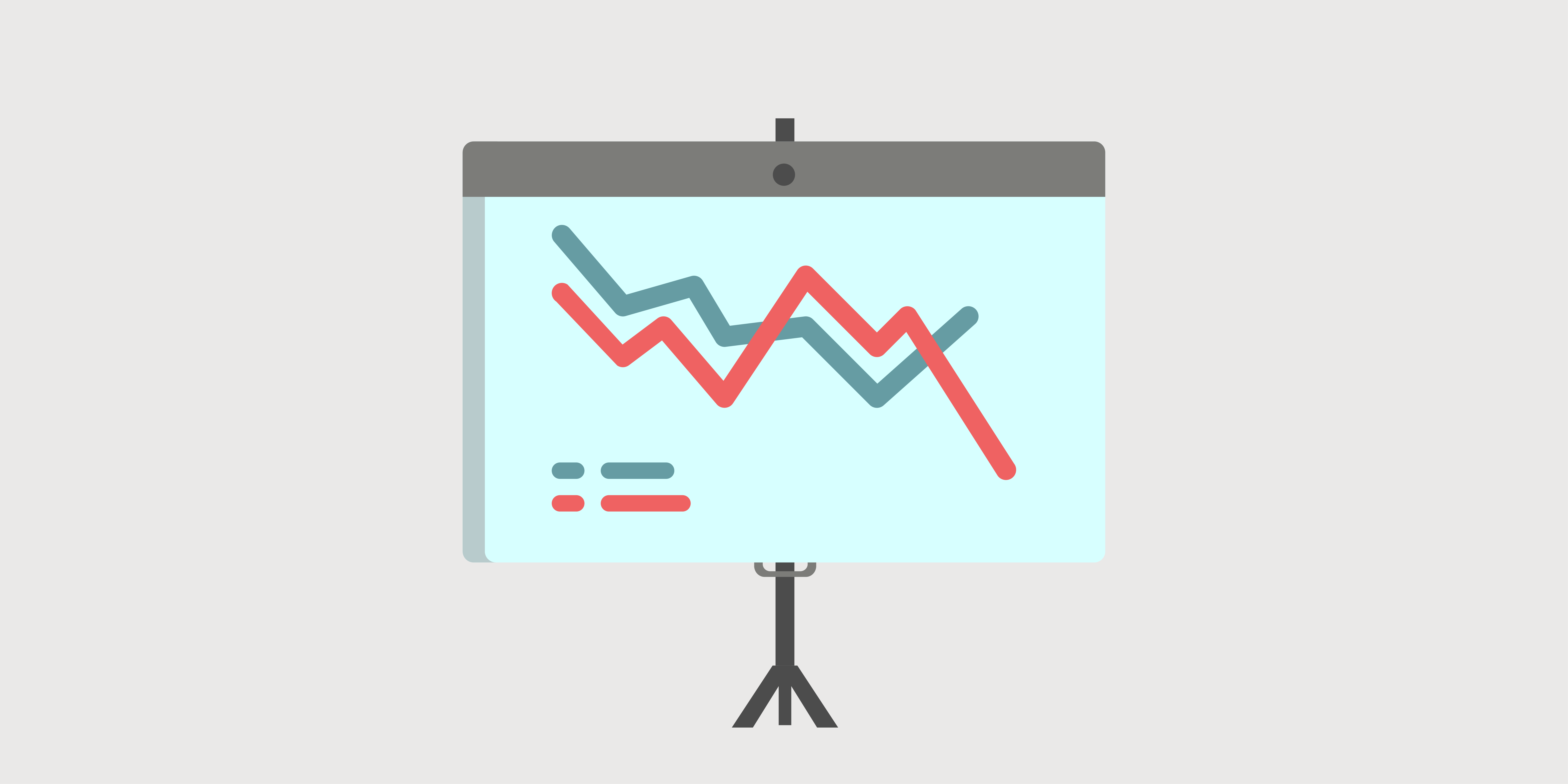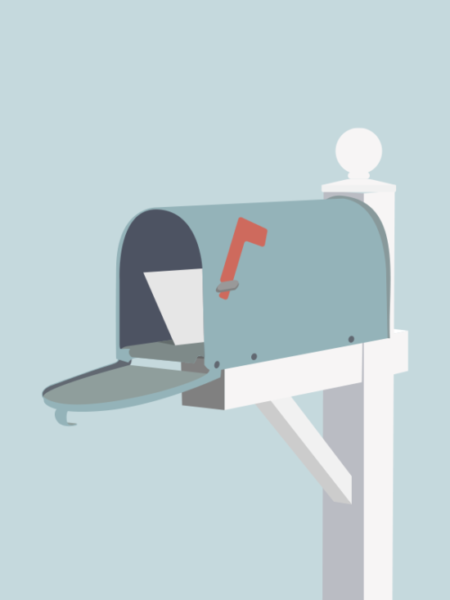Do you spend more than you earn? You’re definitely not alone. North Americans have long been hooked on credit, with Canada leading the way.
Just consider the numbers Michelle Pommells ran in 2020 when examining Statistics Canada data for the past 30 years. As the CEO of Credit Counselling Canada, the national association and accrediting body of non-profit credit counselling agencies in Canada, she found the results sobering. The findings? Overall household credit-market debt in this country has risen by 578 per cent since 1990.
“It’s astounding. I was just staggered when I looked at the escalation (of debt) that we’ve seen,” says Pommells.
But just because society has normalized credit and debt for decades, that doesn’t mean they’re benign financial tools, explains Stacy Yanchuk Oleksy, director of education at the Credit Counselling Society. While good debt – think mortgages and education loans – can put people on firmer financial footing over the long term, other debt, such as credit card debt, comes at a very real cost.
“For every dollar you put towards a debt payment, it’s a dollar you’re not putting towards your current budget, your savings or your emergency fund,” says Yanchuk Oleksy. “Debt reduces your ability to be resilient when things go wrong.”
That’s exactly what many Canadian households discovered when the COVID-19 pandemic hit, employment earnings fell and paying off debt became tougher, says Noel D’Souza, certified financial professional and money coach with Money Coaches Canada in Toronto.
“This pandemic has really highlighted that when there is a shock to the system, any drop in income, even a small drop, can be really devastating,” he says.
So while many people place “tackle debt” at the top of their New Year’s resolution list each year, anytime is a good time to take control of your finances.
Here are five quick tips and tactics to help you get out of the red.
- Ask yourself why. Want to get out of debt? Have a good reason or your new financial habits won’t stick. “It’s not just paying off debt for the sake of paying down debt,” says D’Souza. Instead, visualize what your life might be like if those crushing credit card or line of credit bills were gone. How would you feel? What might you do with that money instead? Maybe you would build an emergency fund, or save in advance for a vacation. “Those are the things that excite people and get them motivated,” he explains.
- Run the numbers. Yes, it can feel scary pulling out all the bills and debt statements, but examining them will help you make the right decisions later. Add up what you owe, know who you owe money to and the interest rate charged for each liability. Write it all down.
- Snowball or avalanche it. Time to pick a debt payment method and get to work. Want to pay down your debt faster? Opt for the avalanche technique: Pay off the minimum balance on all debts, but throw more money – as much as you can comfortably afford – at the debt with the highest interest rate. Once that debt is paid off, move on to the one with the second highest interest rate, and so on. Or try the snowball method. It requires you to pay off your debts smallest to largest, regardless of their interest rates. This method can take longer, but paying off small debts feels good and helps build momentum.
- Consolidate your debt (but be careful). You might consider consolidating your debt through a financial institution using a lower-interest secured line of credit, which is rolled in with your mortgage. It’s certainly one way to pay less in interest, not to mention deal with only one bill. But D’Souza cautions that some people just pile on more debt once the credit cards are no longer maxed out. “You don’t just want to free up more room so they can spend more,” he says. “You really have to deal with the underlying cause of the debt first.” You can also get unsecured debt consolidation loans so check with your bank.
- Stay out of debt. Now it’s time to make some lifestyle changes. Order pricey take out too often? Cook more meals yourself. Rely on credit cards to pay for vacations? This is the year to start a savings account earmarked just for future travel. And speaking of savings accounts, why not open multiple accounts for different goals and set up a monthly or weekly automatic savings plan for each one? It’s the no-brainer way to save money, and you’ll have the cash handy when you need it. No credit card required.
Ultimately, getting your finances in order and paying down debt is about confidence and having the ability to handle any emergency, Pommells explains.
“You want to be in the best possible shape for any unexpected bumps that might occur,” she says. “Because you never know what’s around the corner.”





